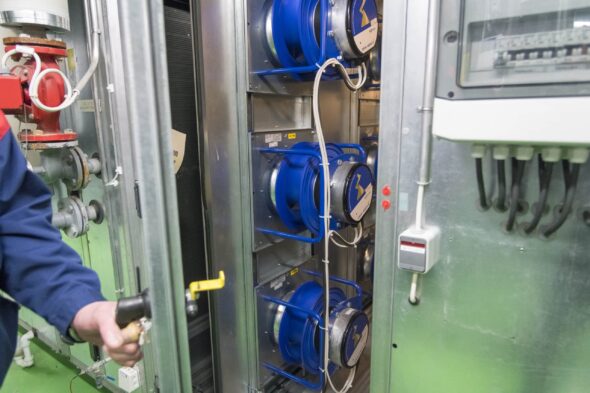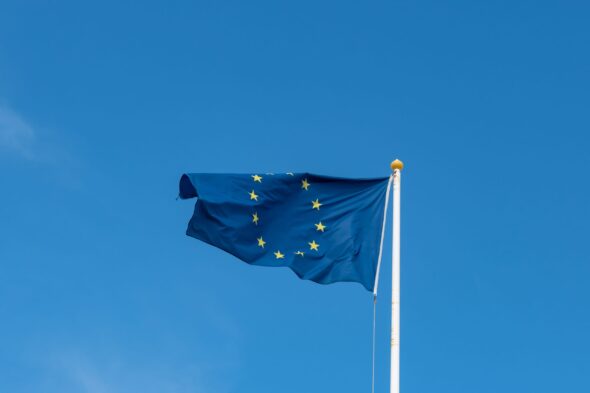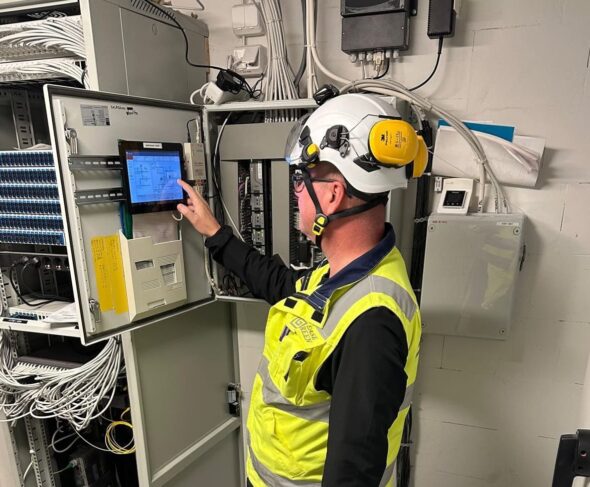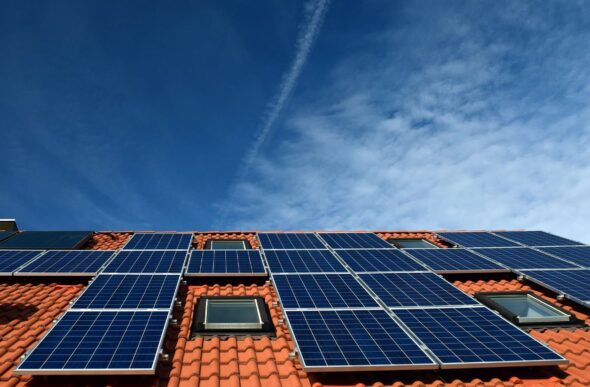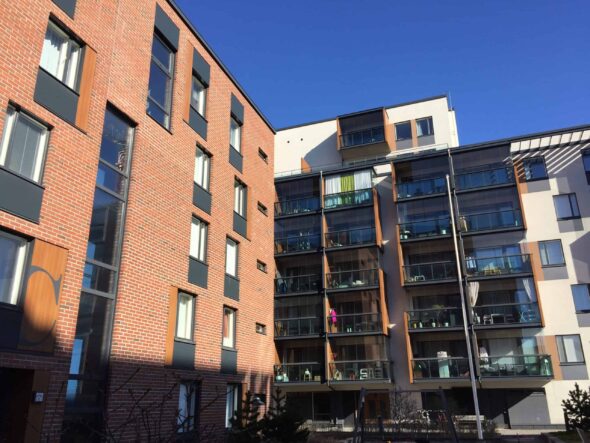What does a company’s ESG rating say?
The ESG rating compares a company with its peers: the ESG compares the sustainability risks a company faces and how well it is prepared for them. As if returning to the classroom, companies receive a rating at the end of the assessment, with the best being AAA and the worst CCC.
In practice, ESG reveals how much a company cares about acting ethically. It reflects the company’s values and priorities – what it wants to invest in business. For example, does a real estate investor want to profile itself as a green pioneer?
All companies are bound by some laws and regulations, but ESG tells us whether a company is interested in looking at its own activities and making ethical choices in addition to the mandatory ones.
A good ESG rating means that a company has identified and prepared for its sustainability risks, and has already taken steps to minimise them. For example, when starting a construction project, a real estate company has assessed its impact on the surrounding environment, takes care to minimise and recycle construction waste, and improves the safety and energy efficiency of the properties it builds.
How can a property get a poor ESG rating? By ignoring sustainability risks. Is the energy class poor? Are indoor air conditions constantly monitored? Has the property been subject to a climate risk assessment?
ESG criteria
The ESG criteria are grouped under three strands of responsibility: environmental, social and governance.
In terms of the environment, the ESG rating looks at the carbon dioxide emissions produced by the company, the impact of its operations on natural resources and biodiversity, and the amount of waste produced. The use of clean technology and energy, green building and energy-efficient building services can improve the rating in this respect.
The criteria for social responsibility include workforce management practices, health and safety in the workplace, and social responsibility in the production chain. Social responsibility also involves assessing the safety and security of the company’s products.
In terms of governance, the diversity and independence of the company’s management is assessed, as well as management remuneration, ownership and accounting practices. Ethical business practices and tax transparency can score additional points in this section.
When is an ESG report needed?
The ESG report is a useful tool for the real estate investor, especially in a transaction situation. Today, sustainability can be an important competitive factor, so ESG can also tell you about the future prospects of your investment. It also gives a broader picture of the company’s value proposition and strategy: how seamlessly does the property fit into the investor’s portfolio?
The company itself can talk about its values and activities in fancy words and presentations, but the ESG report is an objective statement of sustainability. An attractive property in today’s market needs a clear and feasible ESG roadmap. If the plan is put into practice, OPEX will be reduced and the value of the property will be preserved. The ESG report pulls the rug out from under the greenwash.
ESG assessments for real estate are carried out by a number of different parties, including us at LeaseGreen. We analyse the current state of your property and propose concrete measures towards your goals. At the same time, you will be informed about the size of the investments needed and the energy savings they will bring directly to your plans.
Does your property need an ESG assessment? Contact us!

